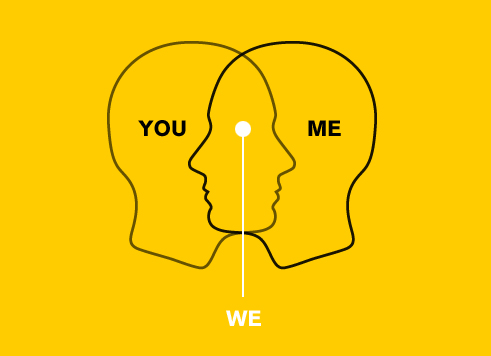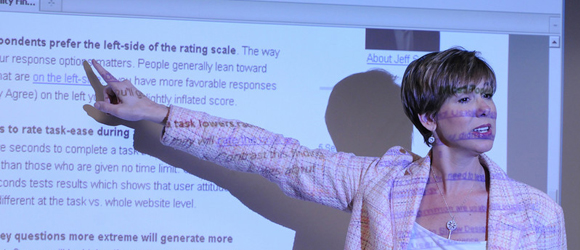By Bree McGregor, December 17, 2015
Part 1: Introduction
The National Council of Teachers of English describes digital literacy as “proficiency and fluency with the tools of technology” (The NCTE definition, 2013), which include utilizing a networked, social approach to designing, sharing, analyzing, and synthesizing information, and the application of ethical considerations that such complex environments require. At George Mason University, we strive to embody an innovative spirit at institutional and programmatic levels:



